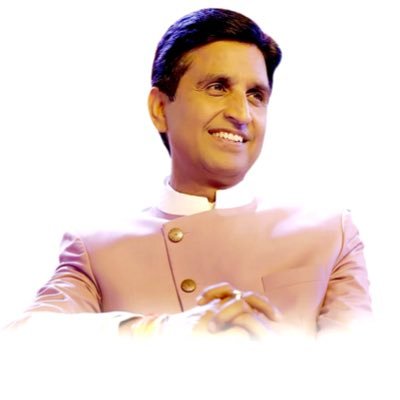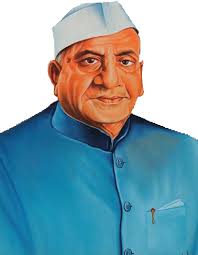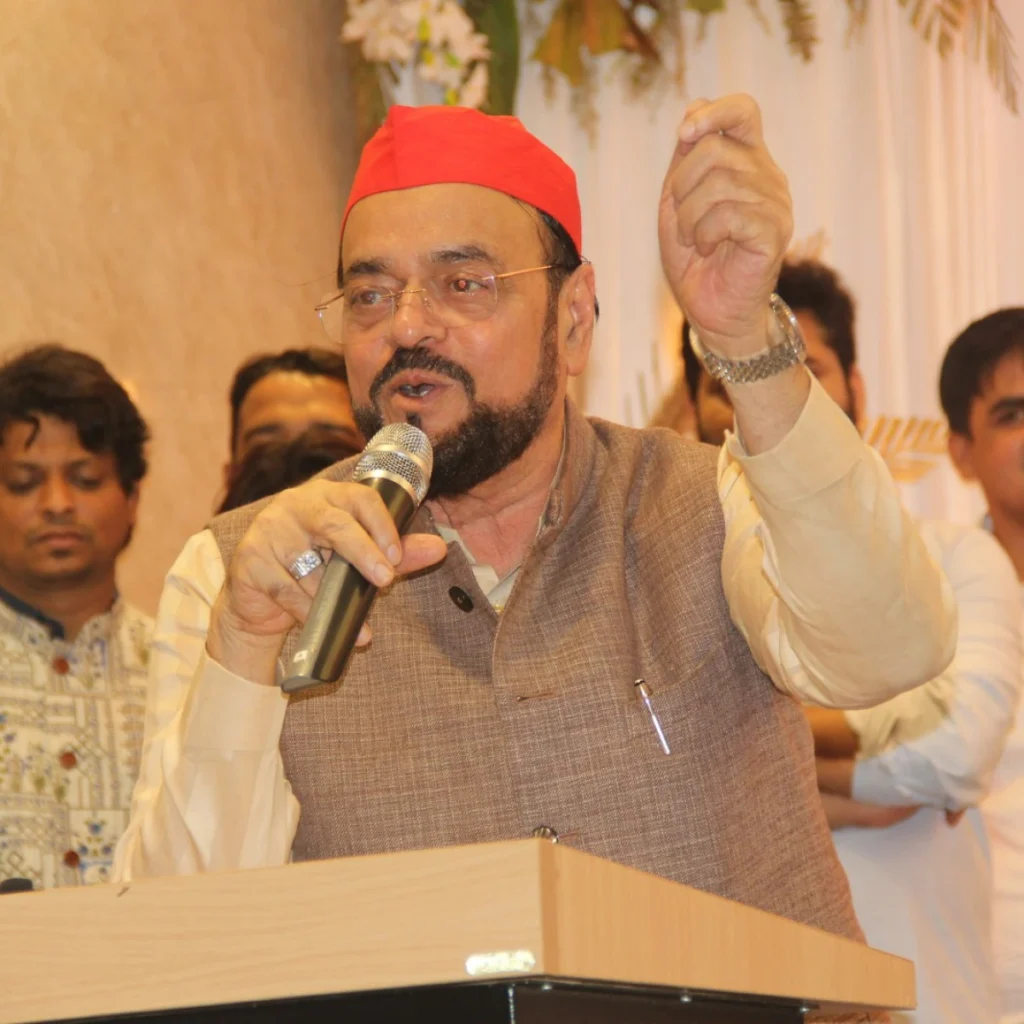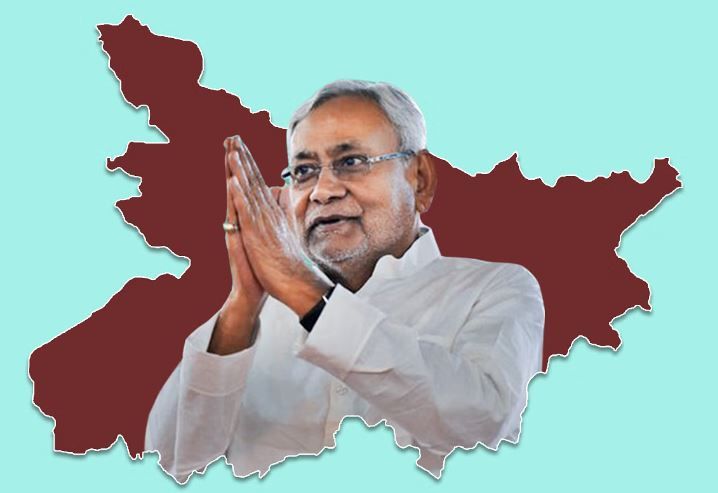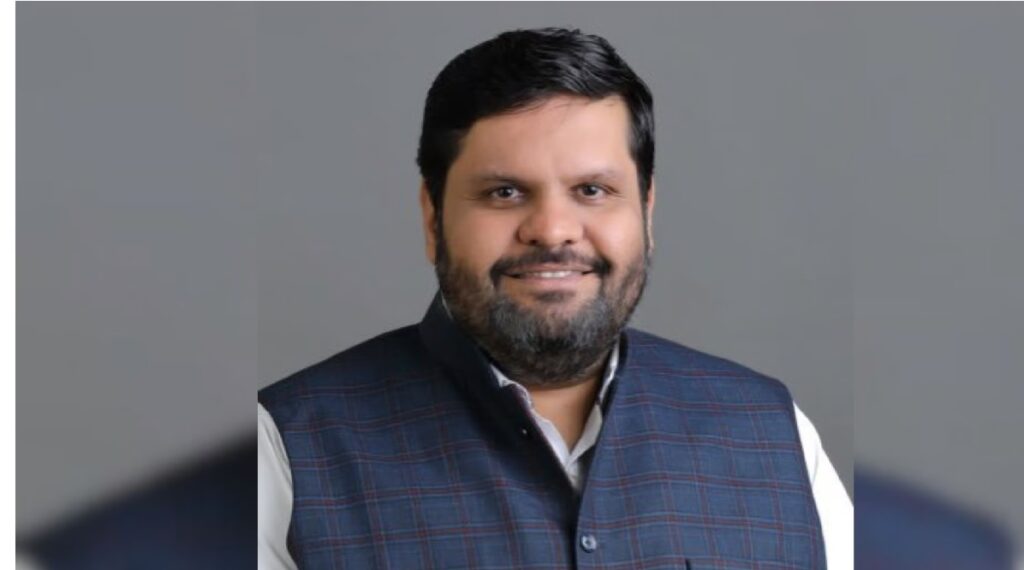Yogi Adityanath, whose real name is Ajay Singh Bisht, is a prominent political figure in India and the current Chief Minister of Uttar Pradesh. His life journey is characterized by a blend of spirituality, social activism, and political leadership. In this essay, we will delve into the various aspects of Yogi Adityanath’s life, including his early years, spiritual influence, political career, governance style, controversies, and impact on Indian politics.
Early Life and Spiritual Influence
Yogi Adityanath was born on 5 June 1972 in Panchur, a village in Uttarakhand (formerly part of Uttar Pradesh). His parents, Anand Singh Bisht and Savitri Devi, were farmers, and he was named Ajay Mohan Bisht at birth. From a young age, he exhibited a deep interest in spirituality and Hinduism, influenced by the teachings of the Nath sect of sadhus.
At the age of 21, Ajay Bisht renounced his family life and became a disciple of Mahant Avaidyanath, the then-head of the Gorakhnath Math in Gorakhpur, Uttar Pradesh. He was given the name Yogi Adityanath upon becoming a disciple, reflecting his commitment to asceticism and spiritual pursuits. Under Mahant Avaidyanath’s guidance, Yogi Adityanath immersed himself in the study of ancient scriptures, yoga, and the philosophies of Hindu nationalism.
Political Journey
Yogi Adityanath’s foray into politics began in the early 1990s when he became actively involved in the Ram Janmabhoomi movement, which sought to build a temple at the site believed to be the birthplace of Lord Ram in Ayodhya. His participation in various Hindu nationalist movements and his strong advocacy for Hindutva ideologies shaped his political identity.
In 1998, at the age of 26, Yogi Adityanath was elected to the Lok Sabha (lower house of India’s parliament) for the first time, representing the Gorakhpur constituency. He has since been re-elected multiple times, establishing himself as a formidable political force in Uttar Pradesh and beyond. As a Member of Parliament (MP), he focused on issues such as infrastructure development, education, and youth empowerment in his constituency.
Rise to Chief Ministership
Yogi Adityanath’s elevation to the position of Chief Minister of Uttar Pradesh in March 2017 marked a significant turning point in his political career. Following the landslide victory of the Bharatiya Janata Party (BJP) in the state assembly elections, his selection as CM came as a surprise to many due to his hardline Hindutva stance and image as a firebrand leader.
As Chief Minister, Yogi Adityanath wasted no time in implementing his agenda, which included initiatives aimed at improving law and order, promoting economic development, and emphasizing cultural nationalism. His administration also prioritized infrastructure projects, rural development, and initiatives to boost agricultural productivity.
Governance Style and Policy Initiatives
Yogi Adityanath is known for his decisive and no-nonsense governance style. He has taken a tough stance on crime and corruption, implementing measures to improve policing and ensure swift justice. His government launched the “Anti-Romeo Squads” to address harassment of women and girls in public spaces, although these initiatives have faced criticism for potential misuse.
Economically, Yogi Adityanath’s government has focused on attracting investment, promoting small and medium enterprises (SMEs), and boosting job creation through initiatives such as the “One District One Product” (ODOP) scheme. This scheme aims to promote traditional industries and crafts specific to each district, fostering local entrepreneurship and economic growth.
In the education sector, Yogi Adityanath has emphasized quality education, infrastructure development in schools and colleges, and promoting technical and vocational training to enhance employability among youth. His government has also worked on improving healthcare infrastructure and access to medical facilities, especially in rural areas.
Controversies and Criticisms
Yogi Adityanath’s tenure as Chief Minister has not been without controversies and criticisms. His strong Hindutva stance and affiliation with right-wing groups have sparked concerns among religious minorities and liberal segments of society about communal harmony and minority rights. Incidents of religious polarization and communal tensions have occurred in some parts of Uttar Pradesh during his tenure.
Critics also point to instances of alleged police excesses, particularly in cases involving encounters with suspected criminals. While supporters view these actions as necessary for maintaining law and order, critics argue that they raise questions about due process and human rights.
Impact on Indian Politics
Yogi Adityanath’s rise to prominence and his style of governance have had a significant impact on Indian politics, especially within the context of Hindutva politics and right-wing nationalism. His strong leadership style, unapologetic embrace of Hindu identity, and focus on development have resonated with a substantial segment of the Indian electorate, particularly in North India.
His tenure as Chief Minister of Uttar Pradesh has also positioned him as a key figure within the BJP and the broader Sangh Parivar (family of Hindu nationalist organizations). His popularity among the party’s base and his ability to mobilize support have made him a crucial asset for the BJP in state and national politics.
Conclusion
Yogi Adityanath’s life journey from a young ascetic to a powerful political leader encapsulates the complex intersection of spirituality, nationalism, and governance in contemporary India. His unwavering commitment to Hindutva ideologies, coupled with his emphasis on development and law enforcement, has shaped his image as a decisive and polarizing figure in Indian politics.
While supporters laud his leadership and efforts to transform Uttar Pradesh, critics raise concerns about issues such as communal tensions, civil liberties, and social harmony. As Yogi Adityanath continues to wield influence in Indian politics, his legacy will be defined by how effectively he balances his ideological convictions with the diverse socio-political realities of India.


